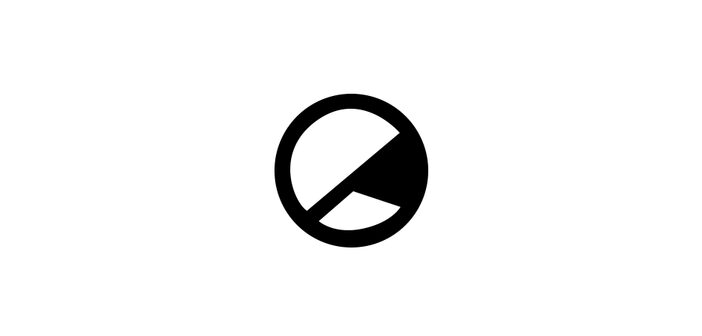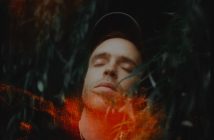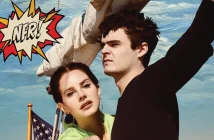Continuing our interview with After Adderall director Stephen Elliott, the discussion quickly swerved into Elliott’s dreams and goals, his take on the movie’s ultimate meaning, and his advice for the next generation of aspiring filmmakers…
You are a writer above everything else, is there a big jump going from being so accustomed to writing to then acting and directing?
Yeah, I mean this movie was much more like writing than my other movies. Because I was playing the lead, I also got to do a lot of voiceovers which make the film more literary. And because I was more in charge of this one, I could play around with it more in the editing process and be more creative with. It deals with very literary concepts. It’s an idea driven movie as opposed to action driven movies which most films are, and not about ideas at all. With most movies you watch it and turn off your brain and get a buzz and feel relaxed and feel better and then you leave. But this is more like a book where you have to engage with it. Reading is an active activity; watching a movie is more passive. So this movie is more similar to writing than my other films.
Do you prefer one over the other?
I prefer directing. I love working with actors, I love being on set. There’s nothing better than being in production, nothing better. Like you have this idea and this whole group moves and makes this thing happen – and the collaborative aspect of it! You can write a script and with the right actors, you can make a movie that’s better than the script you wrote. A good actor can make the script better. And that’s just the most incredible thing.The first time I ever saw an actor read my words and make them better than it was on the page, I felt my heart swell. Like oh, that’s what love is! Now I get it! It’s a really beautiful thing.
I would actually love to direct TV. It doesn’t even have to be good TV, just to work with actors all day long and create these incredible things. I’d love that.
In After Adderall there’s a lot of profound wisdom, as you were saying the film’s quite literary, covering a lot of ground. But if you had to pick one message or moral to sum up the whole of the film, or the most important message of the film, what would it be?
I don’t think there’s a message of the movie I think there’s a set of ideas and what the movie is trying to do, like a book, is present a series of ideas and think about them and encourage the viewer to also think about them and come to their own conclusions. But the questions posed by the movie are ‘who owns the story?’, ‘is it possible to accurately represent person in art?’, ‘is the creation of art inherently fiction?’ The message isn’t important, it’s all about the questions. It’s not what is the message of the film, it’s what is the question of the film. And those are the important questions.
Last question, do you have any advice for young filmmakers who don’t have big budgets or a whole lot of experience?
I do, but I think I would temper it by saying all advice is autobiographical. So I can talk about how I do things but I don’t think people should do things the way I do things because I never make any money, I’m always outside of the system. And the reason I’m outside of the system is because I do things. I don’t wait for people and so I would say the only way to get better at making movies is to make movies. And you can make movies very cheap. So for me, what I would encourage is just write a script and shoot it. Everyone has a camera now; everyone has one in their phone. So just shoot it, and then edit it. Editing software is everywhere. Making movies doesn’t cost as much as everyone thinks it costs. I don’t want to ever spend more than $20,000 on production. Post-production can get very expensive. But the production itself, you can make a movie for practically nothing. It just doesn’t cost what people think it costs. And the more you do it the better you get at it.
I think people are often put off by seeing big budgets of Hollywood films
People are terrified of all these barriers, and people are waiting for something perfect before they do it. So they wait, and they wait, and they wait and they don’t do anything. And I always say just do it, and then do another one, and just keep going. This is my third movie – my first one cost $7,000, my second one cost $2,000, my third one cost $10,000 – and this is my best movie, it’s not even close, it’s much better than my last two movies. And yet it only cost $10,000 but it’s because I made the other two movies that I learned how to make a movie.
After Adderall screened at Raindance Film Festival in London last month.




